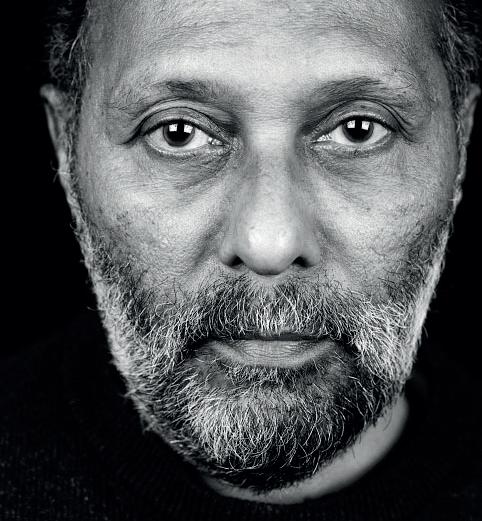
4 minute read
Deliberate strangers: Black transatlantic literature and radicalising the ‘canon’
What does it mean to be a ‘stranger’ and how do writers, particularly Black writers and theorists in the 20th and 21st centuries, reimagine their own identities in light of systemic prejudice and enforced difference? Dr Christy Wensley, Leverhulme Early Career Fellow at Mansfield, outlines her research.
My Fellowship project is entitled ‘Deliberate Strangers: James Baldwin, Stuart Hall and the Cult(ure) of Henry James’. It opens with Baldwin’s and Hall’s responses to novelist Henry James (1843-1916) and develops beyond this relationship to theorise what it means to be a ‘stranger’ through multiple connotations, grounded in exploring how Black writers revolutionise and reimagine literature. I argue that their use and interrogation of broader literary criticism and methods that developed out of modernist critique and theory (beginning with James and other turn-of-the-century ‘canonical’/ canonised figures) has radically upended literary and cultural studies, which have been historically limited to and by whiteness.
Both writers saw American expat Henry James as a representative figure of literary study and transatlantic encounter. In The American Scene, recounting his return to America after a 20-year absence living in England, James describes himself as both an ‘inquiring stranger’ and ‘initiated native’, exploring the tension of the émigré experience. In their own work, Hall and Baldwin (re)position themselves in their stranger texts to challenge historical, cultural, and literary exclusion. These stranger texts focus on the authors’ expatriation, from Jamaica and the United States respectively, and include Hall’s autobiography, Familiar Stranger, published posthumously in 2017, and Baldwin’s ‘Stranger in the Village’, from the collection Notes of a Native Son (1955). Hall and Baldwin radically reimagine the ways in which the Black stranger is denied the subjectivity of the individual by the structures in place. They also negotiate their own estrangement from their ‘native’ and adopted homes in England and France; and offer a deliberate position of ‘strange(r)ness’ to interrogate and challenge cultural boundaries.
In part, I’m asking, ‘Why James?’ My PhD on Henry James and race was inspired by Baldwin’s writing and interviews about the author. Baldwin’s insistence on James’s ability to ‘see’ the complexities of America’s relation to itself and its failures corresponds with his admiration of James’s style and focus on class. These complexities are reimagined in Baldwin’s own writing, particularly about race in America and the encounters between America and ‘others’ – both within its borders and beyond. As an American living in England myself, these questions have a personal resonance that contributes to my interest in all these writers.


I am thrilled to be at Oxford, in part because of its connection to Stuart Hall. Hall attended Merton College as an undergraduate before beginning a DPhil there on the international theme in Henry James. He leaves Oxford and his DPhil in 1956 but sees the connection between his research and what will become Cultural Studies and its important theorisation of class, race, and culture. Hall states in Essential Essays that his ‘thesis on Henry James was not as distant from these preoccupations as all that. It was on the theme of “America” versus “Europe” in James’s novels. It dealt with the cultural-moral contrasts between America and Europe, one of the great cross-cultural themes in James.’
The purpose of my study is not to suggest that Baldwin and Hall – towering figures of the Black Arts Movement and unprecedented critics and theorists of race, art, and culture – could not have existed but for James. Rather, it investigates why James was, for them, such a surprisingly enabling presence and how their relationship to his work reveals new depths within it.
Through this project and in my teaching, I explore these writers’ own enormous influence on literature, literary and cultural theories, and their critiques of the failure to understand and recognise Blackness. My ambition is to theorise the ‘stranger’ through Baldwin’s and Hall’s work, showing how ‘strange(r)ness’ became a main literary and cultural form of critique in their time – and is increasingly implicated in our own time, amid rising isolationism and nationalism predicated on race and racism.


